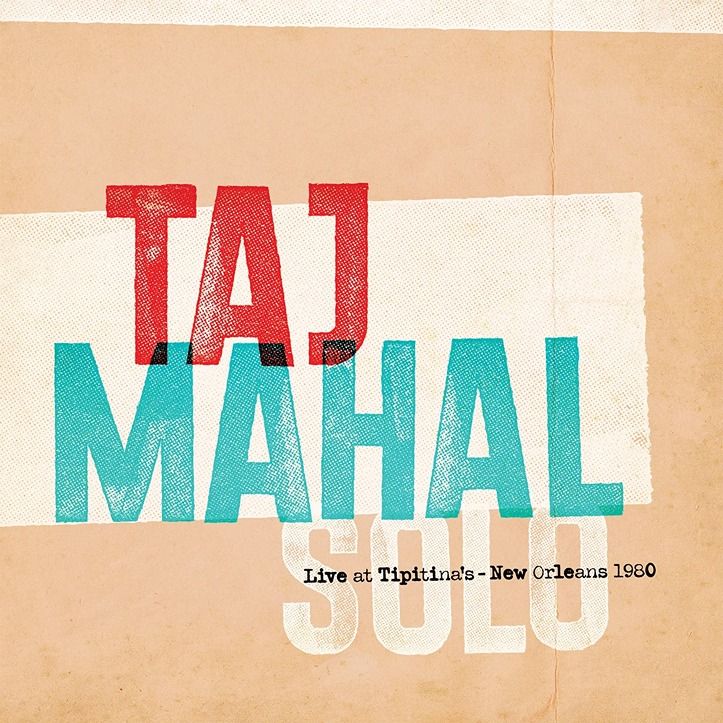Feelin' the Vintage Blues
Taj Mahal, born Henry St. Claire Fredericks
Jr. on May 17, 1942 in Harlem, New York, is a pioneering multi-instrumentalist American
blues musician whose career has spanned now for over five decades.
With a deep-rooted passion and a unique
approach to exploring and blending various genres of music, whatever the genre might
be, Taj Mahal always takes a unique approach to his performances and makes them
his own. This is just one of the many reasons Taj Mahal has become one of the
most influential figures in the world of blues and beyond.
Growing up, Taj Mahal was immersed in a
diverse musical environment. His mother was a gospel singer, and his father was
a jazz pianist and arranger. This eclectic mix of musical influences, combined
with the rich cultural tapestry of his neighborhood, exposed him to a wide
array of sounds, including Caribbean, African, and Latin music. These early
experiences would later play a crucial role in shaping his distinctive musical
style.

Taj Mahal's live performances are where he's
at his best, and we are very fortunate that Tipitina's Record Club recently
released Taj Mahal - Live at Tipitina's - New Orleans 1980. The tracks include
many notable blues and traditional standards such as "Stagger Lee," "Dust My Broom,"
and "CC Rider." Taj Mahal delivers authentic and inspiring renditions of these
songs and, in many cases, takes these songs to a higher level. This type of
talent is difficult to describe—you simply must listen for yourself to experience
all the energetic and moving performances included on this album. The audience
was also very engaged with Taj Mahal, and the banter is simply fun to listen to.
Taj Mahal's contributions to music have been recognized with multiple Grammy Awards, including Best Contemporary Blues Album for "Señor Blues" (1997) and "Shoutin' in Key" (2000). In addition to his musical achievements, Taj Mahal is also known for his activism and commitment to social justice. He has used his platform to raise awareness about various causes, including environmental conservation and cultural preservation. His passion for these issues reflects his deep-rooted belief in the power of music to bring about positive change—and couldn't we all use some of that right now?
As always, Tipitina's Record Club has
produced a very entertaining
and informative podcast to support the release of this album. These are
always worth a listen.

